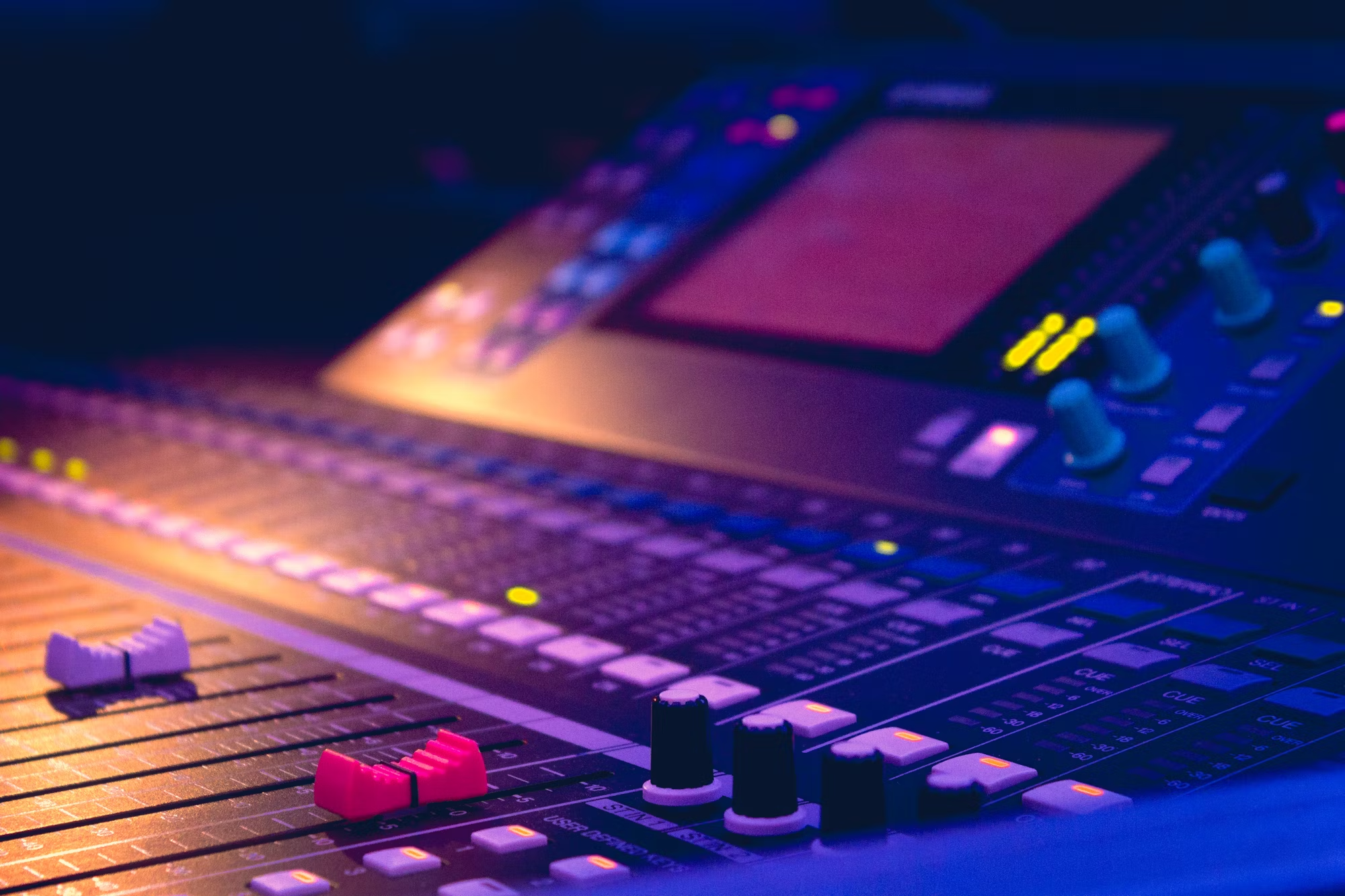Music is a universal expression of human experience, transcending cultural and geographical boundaries. From the haunting melodies of traditional folk songs to the pulsating beats of modern electronic music, each genre reflects the unique stories, values, and emotions of the cultures that create it. This article takes you on a journey through various music genres, examining their historical roots, cultural significance, and the ways they connect people across the globe.
Folk music serves as the heartbeat of many cultures, preserving the narratives and traditions of communities through generations. Its simplicity and authenticity allow listeners to connect with the emotions and stories behind the songs. Artists like Bob Dylan and Joan Baez have used folk music to address social issues, creating powerful anthems for change and solidarity. In many cultures, folk songs are integral to celebrations and rituals, reinforcing community ties and shared identities.
Moving beyond folk, classical music presents a complex and refined form of expression. Originating in Europe, classical music encompasses a wide range of styles and periods, from the Baroque compositions of Johann Sebastian Bach to the Romantic symphonies of Pyotr Ilyich Tchaikovsky. This genre emphasizes intricate melodies, harmonies, and structures, often evoking deep emotional responses. Classical music has significantly influenced many contemporary genres and remains a staple in orchestras and concert halls worldwide, illustrating its lasting impact on global culture.
The evolution of popular music in the 20th century introduced new genres that reflect the changing social landscape. Rock music emerged as a dominant force, with bands like The Beatles and The Rolling Stones shaping not just music but also fashion and cultural attitudes. The rebellious spirit of rock resonated with youth, serving as a voice for a generation seeking freedom and expression. Over the decades, rock has branched into various sub-genres, each with its unique flair, yet maintaining its core essence of defiance and individuality.
Hip hop has become a powerful platform for storytelling and social commentary. Emerging in the 1970s from the Bronx, it has grown into a global phenomenon. Artists like Kendrick Lamar, Nicki Minaj, and Tupac Shakur use their lyrics to discuss personal experiences, cultural identity, and social issues, fostering a sense of community and shared struggle. Hip hop culture encompasses music, dance, fashion, and visual art, creating a rich tapestry of expression that resonates with diverse audiences. The genre encourages dialogue about important societal topics, making it a potent tool for change and empowerment.
In recent years, electronic dance music (EDM) has surged in popularity, drawing millions to festivals worldwide. Artists such as Calvin Harris and Avicii have transformed the music scene with infectious beats and immersive soundscapes. EDM thrives on collaboration and innovation, blending various influences to create new sounds that resonate with audiences. The communal experience of dancing together at festivals fosters a sense of belonging and connection among fans, breaking down barriers of language and culture.
Country music embodies the storytelling traditions of rural America, reflecting the experiences and values of its communities. Artists like Dolly Parton, Johnny Cash, and Taylor Swift weave narratives of love, heartbreak, and resilience into their songs, resonating with listeners from all walks of life. Country music’s ability to evolve while maintaining its roots showcases its relevance in contemporary culture. Festivals and local performances create spaces for fans to connect over shared experiences, further solidifying the genre’s cultural significance.
Jazz, born from the African American experience, celebrates improvisation and creativity. Icons like Louis Armstrong, Duke Ellington, and Miles Davis pushed musical boundaries, creating new forms that have influenced countless genres. Jazz is characterized by its spontaneity and emotional depth, allowing musicians to express their individuality while contributing to a collective sound. The genre remains a vital form of artistic expression, celebrating cultural heritage and innovation.
Blues music, with its roots in African American history, conveys profound emotions and narratives. Artists such as B.B. King and Muddy Waters have used blues to express the joys and struggles of life, resonating deeply with audiences. The raw, heartfelt nature of blues music has influenced many genres, including rock and jazz, highlighting its significance in the musical landscape. Its powerful storytelling fosters connections among listeners, creating a shared understanding of human experiences.
Reggae music, originating in Jamaica, carries messages of peace, love, and social justice. Pioneers like Bob Marley and Peter Tosh used their music to promote awareness of social issues, fostering unity among diverse communities. Reggae’s infectious rhythms and meaningful lyrics resonate globally, illustrating music’s power to inspire change and promote cultural exchange. This genre exemplifies how music can serve as a vehicle for advocacy and social consciousness.
World music encompasses a diverse array of genres, celebrating the unique sounds and traditions of cultures across the globe. From the intricate melodies of Indian classical music to the vibrant rhythms of African drumming, world music invites listeners to explore the richness of global soundscapes. Artists like Ravi Shankar and Buena Vista Social Club have introduced international audiences to the beauty of their musical heritage, promoting cultural exchange and appreciation. This genre highlights the diversity of human expression, reminding us of the beauty found in our differences.
The digital age has transformed how we create and consume music. Streaming platforms have made diverse genres more accessible, allowing listeners to explore new sounds and artists with ease. This accessibility fosters a sense of community among fans who share similar musical interests, creating connections that transcend geographical boundaries. Social media has empowered musicians to connect with their audience directly, leading to a more interactive and engaged fanbase.
As we navigate the landscape of modern music, it becomes evident that it is not merely a form of entertainment; it is a fundamental part of our cultural identity. Music plays a crucial role in significant life events, marking milestones and transitions. From weddings to graduations, music sets the tone for celebrations, evoking memories and emotions associated with those moments. The playlists we curate often reflect our tastes, values, and influences, showcasing the diverse soundtracks of our lives.
In conclusion, the journey through various music genres reveals the profound impact of music on personal identity and cultural expression. Each genre carries its rich history and cultural significance, telling stories of struggle, joy, and resilience. As we celebrate the diversity of musical expression, we recognize the importance of fostering understanding and appreciation for the myriad influences that shape our world. Music is not just an art form; it is a testament to our shared humanity, a celebration of life, and a bridge between cultures.





